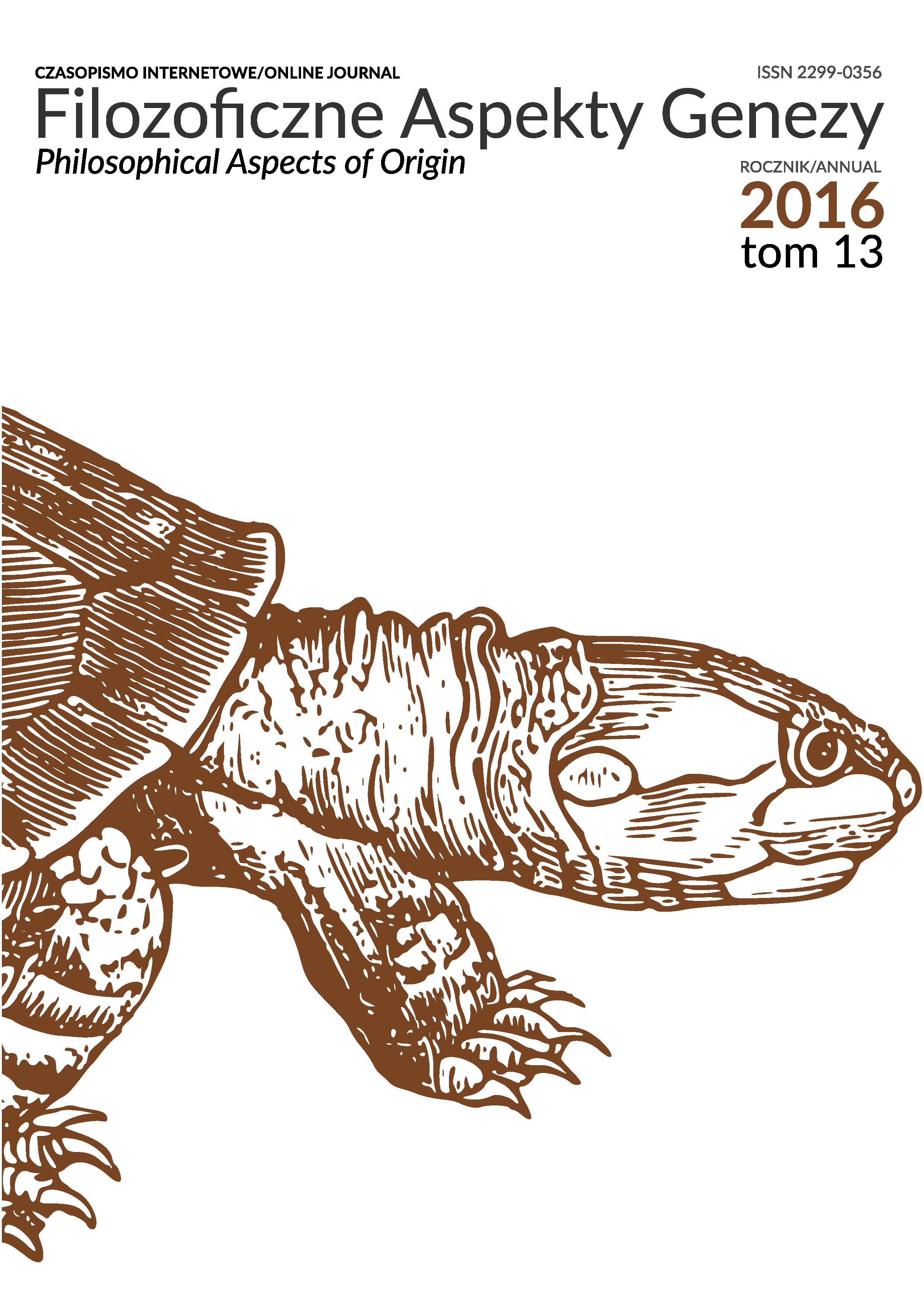Program badawczy SETI a teoria inteligentnego projektu
The SETI Research Programme and the Theory of Intelligent Design
Author(s): Adam TrybusSubject(s): Philosophy of Science
Published by: Instytut Filozofii, Uniwersytet Zielonogórski
Keywords: theory of intelligent design; SETI; science; philosophy of biology; detecting signs of intelligence; extraterrestrial civilisations
Summary/Abstract: In some publications dealing with the theory of intelligent design (or perhaps one should say, a theory of intelligent design, as there seem to be no universally accepted definition) one encounters an argument that the SETI research programme is, in a way, related to design detection and hence is a “version” of the theory of intelligent design. This article, by analysing the article that is foundational for SETI describing the assumptions behind this research programme, aims at showing that such a comparison of SETI and the theory of intelligent design is not justified as it is based on a simplified — and wrong — understanding of what the SETI researchers do. To this end, I compare SETI with both broad and narrow understanding of a theory of intelligent design, in both cases pointing to difficulties related to showing that SETI is a “version” of the considered theory of intelligent design. The main obstacle being that within SETI one assumes the existence of a given artefact (in this case a signal from another civilisation) rather than tries to prove that such an artefact does exist (to detect design, in the lingo of the supporters of the theory of intelligent design). In case of the narrow understanding of a theory of intelligent design, attempting to “mould” one theory so that it resembles the other shows that such an endeavour is deeply flawed, as exemplified in the text.
Journal: Filozoficzne Aspekty Genezy
- Issue Year: 2016
- Issue No: 13
- Page Range: 197-209
- Page Count: 13
- Language: Polish

